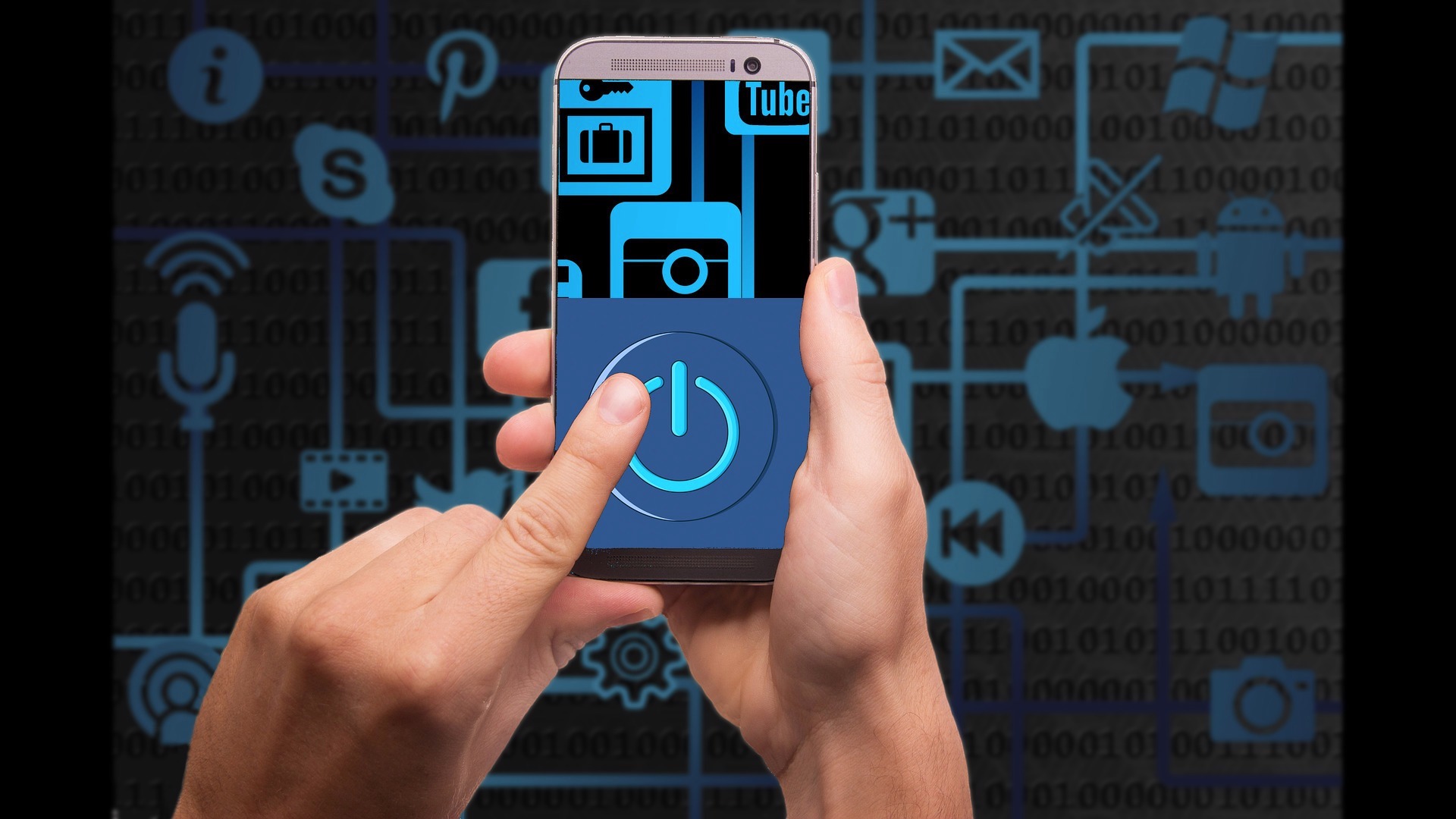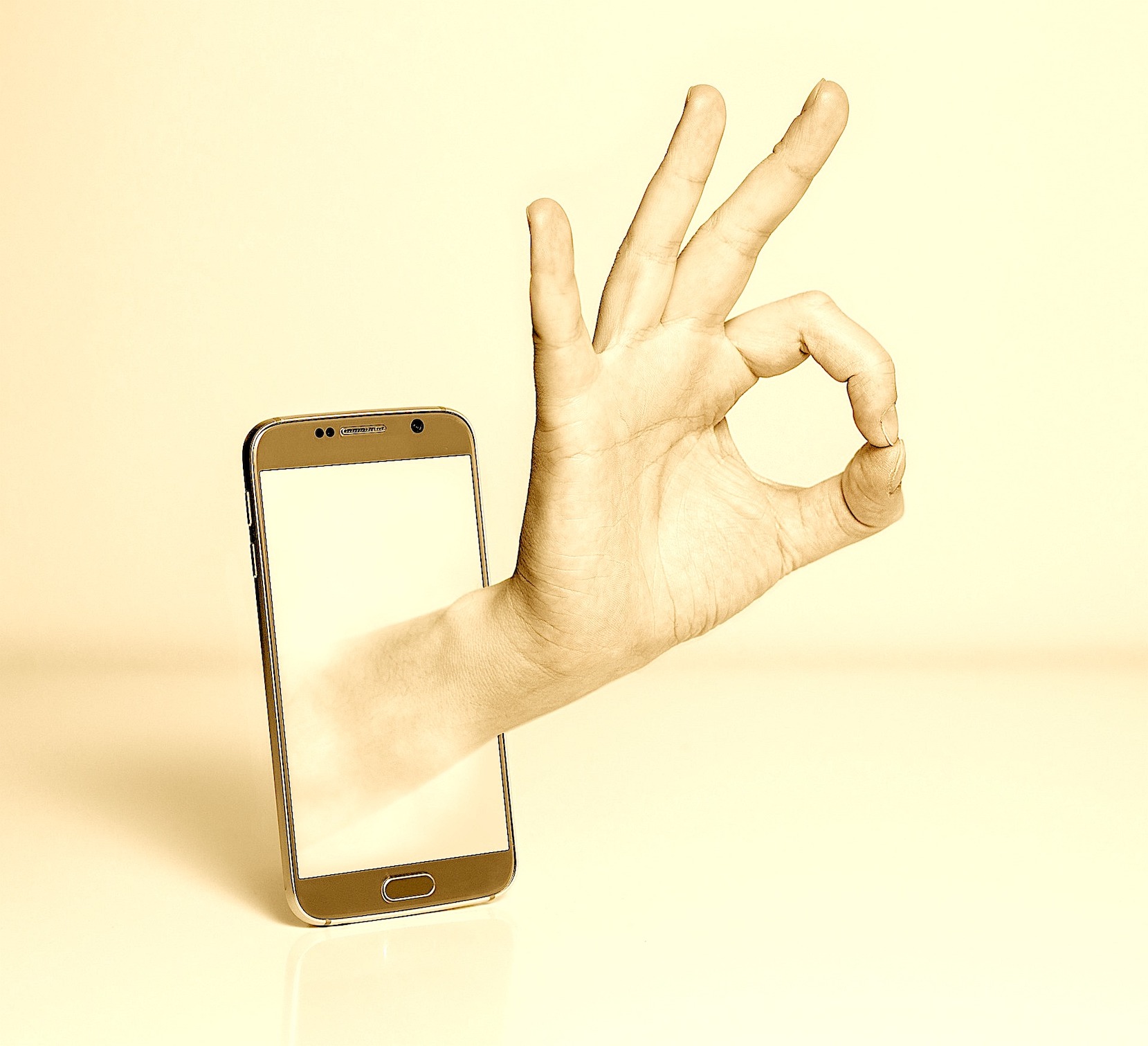At the initiative of the comm: unications agency, Lisa Tomaschek-Habrina, a burnout and stress expert, was invited to a short presentation at the event “Palmolive Spa” on May 30, 2017 in the Hotel Sans Souci in Vienna, in front of journalists and bloggers to explain the importance of breaks in everyday life.
Breaks with alternative program:
We all know, but in the hustle and bustle we often “forget” about it: Performance needs breaks, working through is exhausting, and at some point, you are not moving forward anymore. Therefore, schedule an interval of 5 to 10 minutes every one and a half hours: e.g. remind yourself by a ringtone on the phone. Important: Use these breaks for an alternative program, so do something completely different as you did before. So, who e.g. works on the computer, should not try to relax with a computer game, or with checking private e-mails, but e.g. walk around the block, get some fresh air or share tea or coffee with colleagues.
Use the BEEP principle for breaks:
The BEEP principle, developed in the ongoing collaboration with the experience of clients and companies, has already proven itself many times over for effective break management. BEEP stands for Bewegung (Movement), Entspannung (Relaxation), Ernährung (Nutrition) and Psychohygiene (Mental Health). In general – nothing new, yet often forgotten. That exercise, relaxation, nutrition and mental health is beneficial to health seems to be a surprise.
Movement:
Observe movement triad: Use opportunities for movement in everyday life, insert movement breaks, carry out movement programs. In the minimum, we should move for 1 hour per day, ideally in one piece, but this hour can be spread over the day at the beginning.
Note which movement type you are. If you do not have much exercise in everyday life, then start with the movement opportunities, put more movement breaks in order to then be able to carry out regular programs. The more exercise you do, the more your bodies will demand in the future.
Use opportunities for movement in everyday life: e.g. climbing stairs, walk by foot or ride a bike to work, getting off the public transport one stop earlier or park the car further away, walking the rest by foot; toilet, which is the furthest away. Get a pedometer (10,000 steps per day would be healthy)
Pause your movement: go around the block in your breaks, hold meetings while walking, do targeted office workouts.
Practice exercise programs: regular exercise such as walking or running. Find something that is fun for you: cycling, yoga, scooter skating, hiking, climbing, surfing, etc.
Relaxation:
have mobile-free and computer-free times, develop a coffee-break culture – every 90 minutes 5 minutes break. Look for rituals for homecoming – or leaving work, to make the limit between work and leisure more visible and tangible. Breathing exercises or other relaxation exercises such as yoga or progressive muscle relaxation, relax your autonomic nervous system. You may also enjoy a massage in between.
Diet:
pay close attention to a balanced diet. Regular food intake per day (at least 3x / day, at least once something warm) promotes stress resistance and stabilizes blood sugar levels. High-protein diet counteracts protein breakdown during stress. (Fish, white meat, legumes, etc.) Sufficient hydration.
Mental hygiene:
Try to perceive physical and mental warning signs and take them seriously. Raise your awareness of your own needs, feelings and limits. Also learn to say “no”. Rethinking your expectations and beliefs – Are they still adequate or are they from an earlier time. Locate your inner drives such as “I have to do it perfectly” or “I have to please everybody” and develop inner enlighteners that allow you to treat yourself with care, such as “I do it as well as I can” or “I can also pay attention to my limits!” Distinguish energy thieves from energy providers. Examine biographical references to survival strategies (The Perfectionist, Everybody’s Darling, The Responsible, etc.) Integrate the humorous view of life as opposed to overly rigorous ones. Reflect your meaning and value references in the sense of: is my actions understandable, manageable and meaningful. And maintain and expand it, in particular: your social network, people who do this are just more resilient.
Help with the implementation
Dr. Lisa Tomaschek-Habrina, MSc







